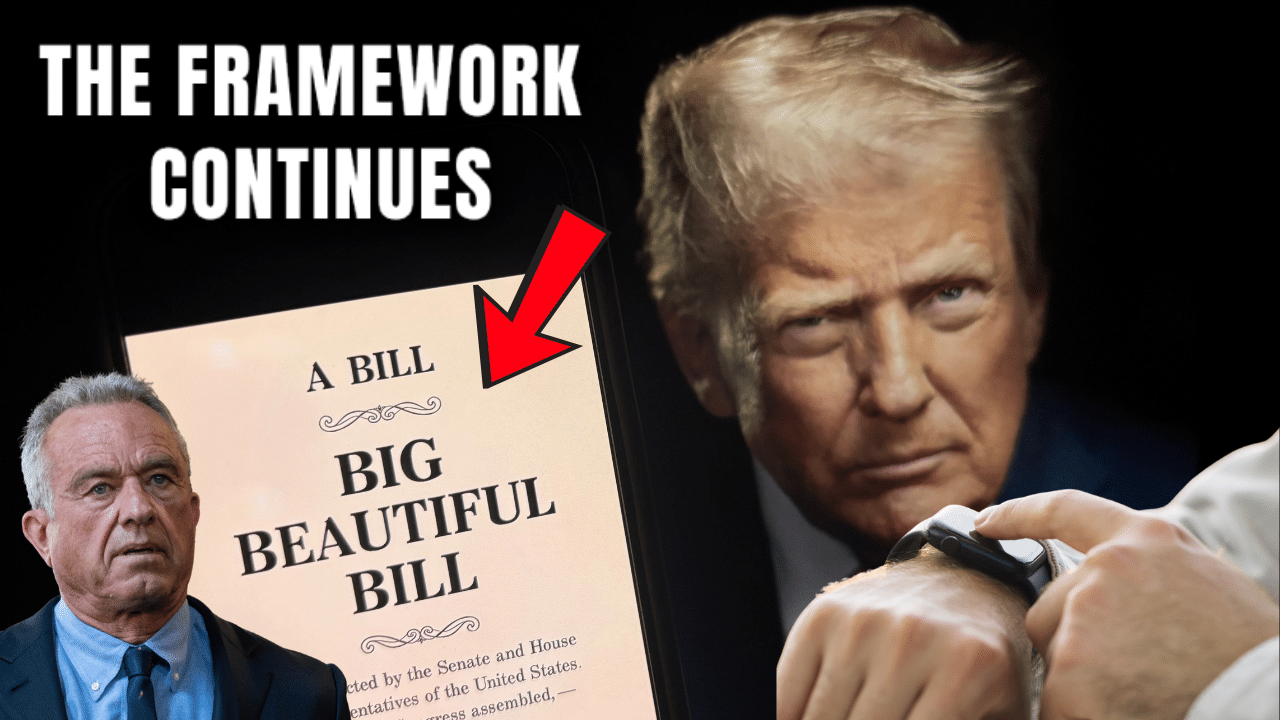Russia has just issued a stark warning to the United States, cautioning that any military strike on Iran’s nuclear facilities could lead to “catastrophic” consequences for the Middle East and beyond.
The statement, delivered by Russian Deputy Foreign Minister Sergei Ryabkov, comes amid escalating tensions following U.S. President Donald Trump’s recent threat to bomb Iran unless it agrees to a nuclear deal with Washington.
This development has reignited global concerns over the fragile balance of power in the region, with multiple news outlets reporting on the potential fallout.
According to The Times of Israel, Ryabkov emphasized that strikes on Iran’s nuclear infrastructure would have far-reaching and devastating effects.
“The consequences of this, especially if the nuclear infrastructure is hit, could be catastrophic for the entire region,” he said in an interview with Russia’s International Affairs magazine.
Moscow has positioned itself as a mediator, offering to facilitate dialogue between Washington and Tehran to de-escalate the situation. Newsweek reported Ryabkov’s assertion that Trump’s rhetoric “only served to complicate the situation,” underscoring Russia’s opposition to military action.
Russia’s warning follows Trump’s comments to NBC News over the weekend, where he threatened military action and secondary tariffs if Iran refused to negotiate.
Reuters noted that this marks a significant escalation in U.S.-Iran relations, with Russia stepping in to urge restraint.
The Kremlin’s offer to mediate reflects its growing ties with Iran, particularly since the onset of the Ukraine conflict in 2022, during which Tehran has supplied Moscow with drones and ballistic missiles.
Iran, for its part, maintains that its nuclear program is for peaceful energy purposes and denies pursuing atomic weapons. However, Trump’s threats have prompted Tehran to bolster its defenses.
The Times of Israel reported that footage from January 2025 showed Iran conducting air defense drills near its Natanz nuclear site, a key facility in its nuclear program.
This military posturing suggests Tehran is preparing for potential conflict, further heightening regional instability.
The broader context of Middle East tensions adds weight to Russia’s warning.
Reuters previously reported on April 16, 2024, that Russian President Vladimir Putin urged all parties in the region to avoid actions that could trigger a “catastrophic” confrontation, following Iran’s retaliatory drone and missile strikes on Israel.
This history of Russian diplomacy in the region underscores Moscow’s current efforts to prevent a U.S.-Iran clash from spiraling out of control.
The prospect of U.S. strikes on Iran’s nuclear sites has drawn varied responses. Newsweek highlighted the growing rhetorical conflict between Washington and Tehran, with both sides ramping up their public statements.
Meanwhile, Al Jazeera recently explored Europe’s delicate position in the nuclear landscape, noting that any escalation could further complicate global security dynamics.
Although not directly addressing the U.S.-Iran standoff, the outlet warned that additional nuclear flashpoints would strain diplomatic efforts worldwide.
Analysts suggest that a strike on Iran’s nuclear facilities could unleash a cascade of consequences, including environmental disasters from radioactive contamination, retaliatory attacks by Iran and its proxies, and a broader regional war involving Israel and other Gulf states. Russia’s reference to “catastrophic” outcomes aligns with these fears, as reported across multiple sources.
As of April 2, 2025, the situation remains fluid. The Times of Israel and Newsweek both noted Russia’s readiness to act as a go-between, with Ryabkov stating Moscow is “ready to offer its good services” to both the U.S. and Iran.
However, Trump’s hardline stance and Iran’s rejection of direct talks leave little room for optimism. The international community watches closely, aware that any misstep could ignite a conflict with repercussions felt far beyond the Middle East.










